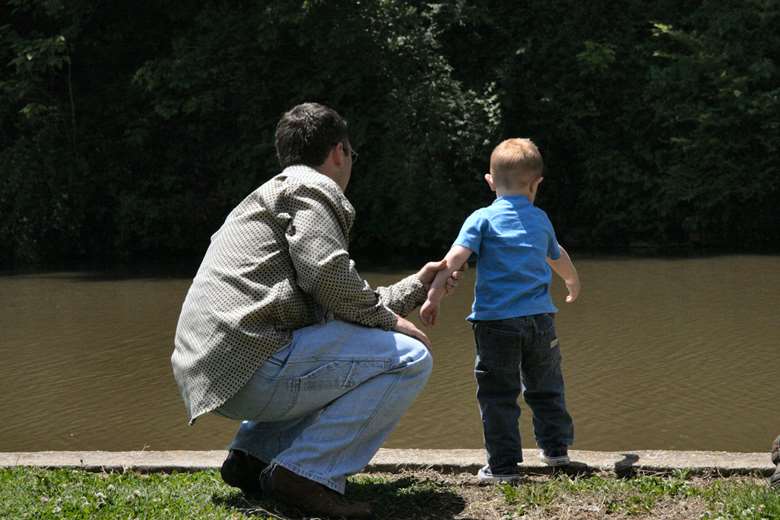Lords call for statutory post-adoption support
Neil Puffett
Wednesday, March 6, 2013
Councils should have a legal obligation to provide post-adoption support, a group of peers has said.

A report by the House of Lords Committee on Adoption Legislation found that some adoptive parents struggle bringing up adopted children due to their complex needs, often as a result of past neglect or abuse.
The chairman of the committee, crossbench peer Baroness Butler-Sloss, said issues resulting from the early life experiences of children are “not resolved simply by being adopted”.
“We are concerned that the provision of post-adoption support is often variable and sometimes inadequate,” she said.
“Support services are critical in ensuring placement stability and in achieving the happy outcomes which adoption is designed to deliver.
“We recommend a statutory duty on local authorities and other service commissioning bodies to ensure the provision of post-adoption support.
“Inevitably, there will be concerns about resourcing this support, but calculations of cost need to take into account the significant amount of money which local authorities save when a child is adopted from care.”
The committee's report warns that government efforts to increase the number of children being adopted should not be at the expense of other permanent options, such as special guardianship or kinship care where they are more suitable.
“We need to be satisfied that adoption is the right solution for every child who is adopted,” Butler-Sloss said.
“Other routes to permanence, such as special guardianship and kinship care, can provide loving and stable placements for many children for whom adoption is not right.
“These alternatives must not be neglected in the drive to increase the number of adoptions.”
The committee also recommended that local authorities be encouraged to explore joint adoption services with neighbouring authorities and adoption agencies.
It also wants Independent Reviewing Officers to be employed externally, rather than within local authorities, to give them greater independence to promote the best interests of children.
And it says a designated teacher with responsibility for the wellbeing for adopted children should be appointed within every school, and that additional training should be provided for social workers to understand the importance of early decision-making about children’s future care.
The report goes on to stress the importance of early intensive work to keep children with their families, and calls for better monitoring of adoption outcomes.
“Overall, it is clear to the committee that the government is dedicated to improving the adoption process and that it has already taken several significant steps to put this into practice,” Butler-Sloss said.
“We welcome those steps. However, there is more that needs to be done to ensure the best outcomes for all children in care.”
Debbie Jones, president of the Association of Directors of Children’s Services, said a legal duty to provide post-adoption support could only be effective if councils get additional funding to pay for it.
"Adoption disruption and breakdown could be prevented by providing families with important post-adoption support including access to child and adolescent mental health services, health services and educational support, yet placing a statutory duty on local authorities without providing adequate resourcing will not improve the support available to families," she said.




